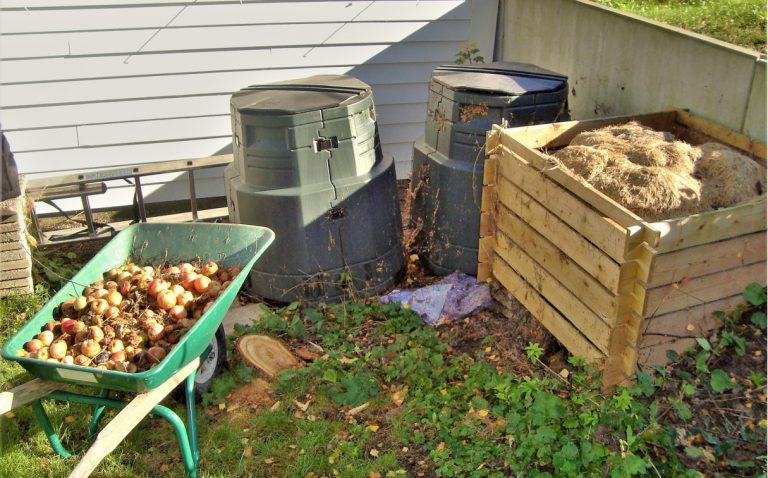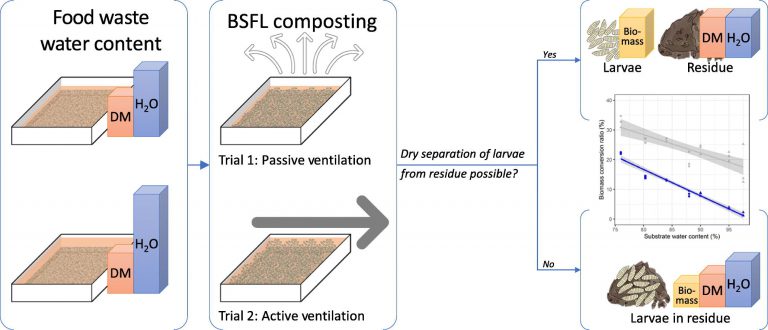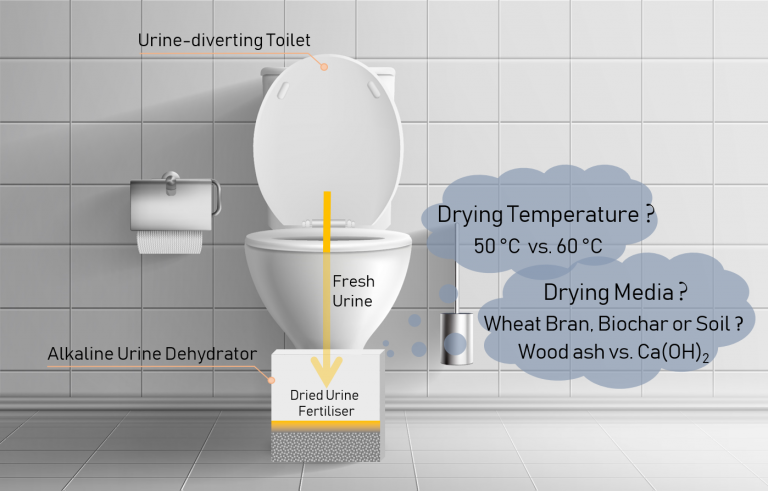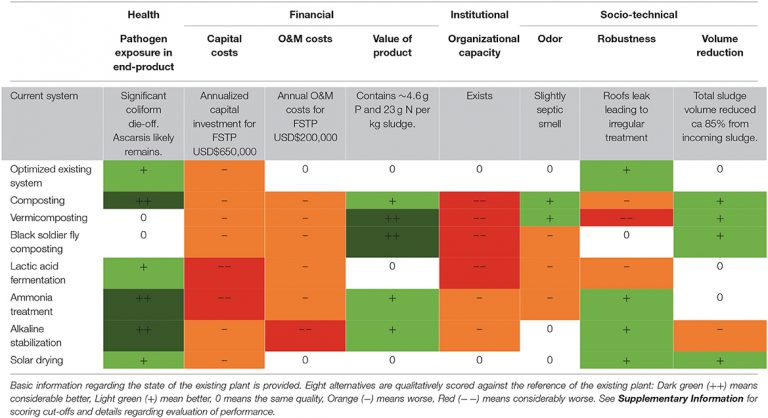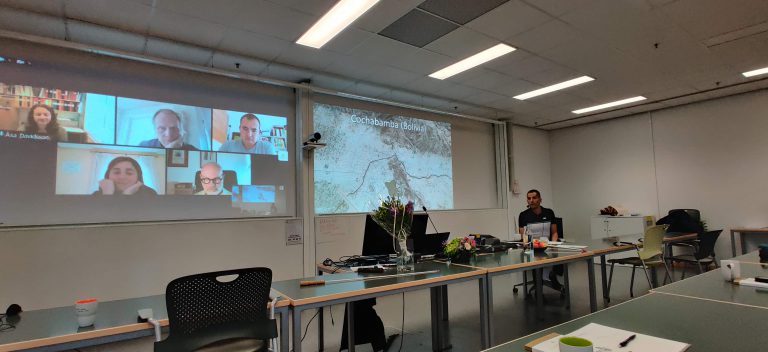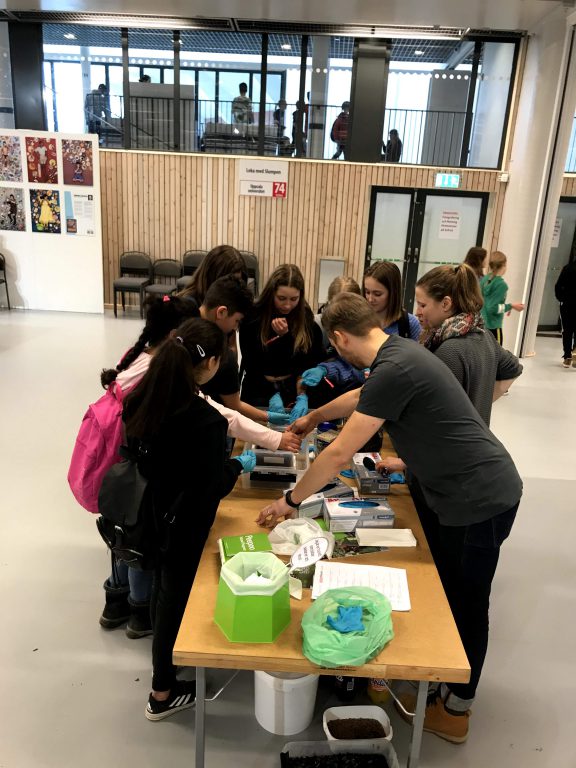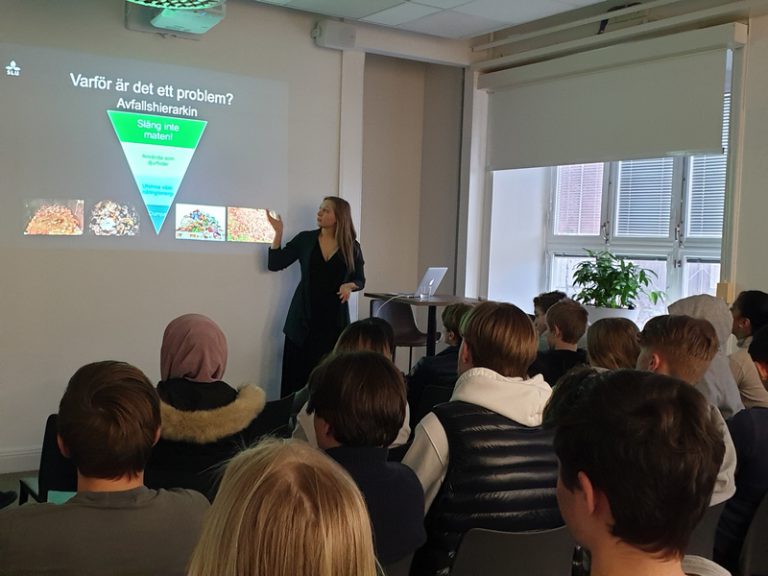On June 11th @ 9h00 Jenna Senecal will defend her thesis titled “Safe Nutrient Recovery from Human Urine – System and Hygiene Evaluation of Alkaline Urine Dehydration.” You are most welcome to watch the defence. One may come in person to Framtiden room in the MVM building at SLU (max 25 people) or join online.
For online viewing, one can stream it from facebook at our departmental webpage. Or join via zoom: https://slu-se.zoom.us/j/65645045319 with password: 528646

